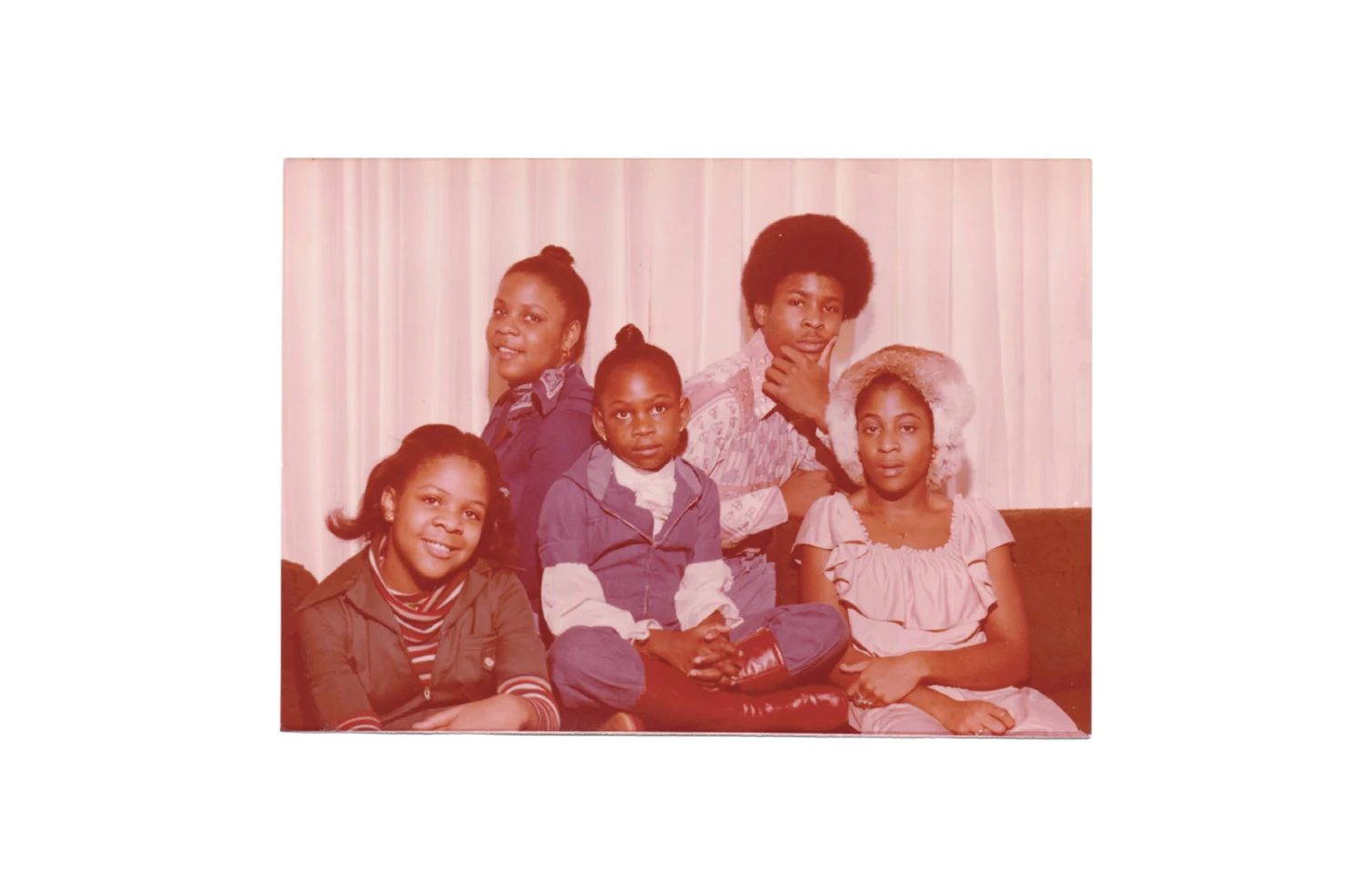gimme shelter
John Trumbull’s portrait of George Washington and William “Billy” Lee.
I spend about 4-6 hours a day haunting the past, or should I say allowing the past to haunt me.
I go down dark corridors and tentatively peek around corners preparing my heart for the jump scares caused by the ghosts that wait behind doors. It’s strange that I should spend my time this way. I have never been a fan of funhouses or haunted houses. I abhor horror and gore in favor of musicals full of romance, bright colors and sunlight. If there is trouble coming, I do not wish to know. I’d rather believe that life is long and beautiful and paved with the best intentions executed to the letter.
This is what it’s like tracing our country’s past. It’s like navigating a map of scars, deep and jagged.
But I have questions to ask those who carry those scars, and questions for those who gave them, and for those who watched.
For example, who is the black boy behind Washington in the picture? I open closets and feel in the dark for the answer: That’s William Lee. And of course, the darkness has given me an answer that is not enough.
If you don’t know what’s lurking in the corners of our haunted history, its ghosts are bound to get you. It’s just as Orwell wrote in the book 1984, “Who controls the past controls the future. Who controls the present controls the past.”
At present, people who look nothing like me control my past and are out to absolutely, without question, control my future. I am doing all that I can to know this, accept this, control this and block them. Just this morning, I searched for William Lee’s story and stumbled across an article, “William Lee & Oney Judge: a Look at George Washington & Slavery” by Mary V. Thompson, in which the writer told me that Lee was “primarily known for his loyalty to Washington at a time when he could easily have left.”
Loyal? Could have left? Is a slave loyal or obedient? Was Lee obedient or a man of his time, circumstance and condition? If he had left, where would he have gone?
William Lee’s proximity to George Washington in the picture reminds me of all the times I’ve seen so many black people just slightly askew to greatness. They were ready and handy—silent, the invisible visible necessity of so many greats. In the movies, this is especially true. There was Shirley Temple dancing with Bill Robinson. And of course, we all know that Scarlett couldn’t have done without Mammy.
In the moving documentary, 20 Feet from Stardom, a host of black female backup singers share the highs and lows of being divas without a spotlight. There’s a breathtaking moment in the film when singer Merry Clayton describes singing and recording the chilling refrain, “Rape! Murder! It’s just a shot away! It’s just a shot away,” for The Rolling Stones hit song, Gimme Shelter. She’d never even heard of the band before showing up to record in a wild, blind trust. She arrived at the studio in the middle of the night wearing a fur coat, silk pajamas and hair curlers to unknowingly make music history.
To this day, whenever I hear the song, it’s Merry’s story that I think of. She’d been very pregnant that night and tragically miscarried shortly after leaving the studio - some believing due to the stress caused by her emotional outpouring while recording.
Rape! Murder! It’s just a shot away! It’s just a shot away! If anyone knew this to be true, I would imagine Mr. Lee knew it. According to records, Lee accompanied Washington literally everywhere, including to war. Many historical (white) writers have romantically spun their relationship as actually being one of equal affection. In the article noted above, the writer adds that, “George Washington remained grateful to Billy for his loyalty for the rest of his life. In fact, he pretty much found it impossible to tell him no about anything. About seven months after their return home, Billy asked Washington to bring his wife, Margaret, to live at Mount Vernon. In a letter to a friend, asking his help in making travel arrangements for her, Washington admitted that, while he didn’t especially like Margaret, or as he expressed it, ‘never wished to see her more,’ he could not refuse Billy’s request ‘(if it can be complied with on reasonable terms) as he has lived with me so long and followed my fortunes through the War with fidelity.’” But Billy never saw his family again. And the one thing that Washington did refuse Billy was his freedom to go find them.
These are the kinds of ghosts I find walking the halls of history: yes, President so & so had slaves, but he treated them well... freed them after his death... paid them a stipend of clothing and food... felt very bad about it and really tried to find a way to end slavery, mind you, without freeing his... and on and on and on. So many ghosts, like Mr. Dickens’ Bob Marley, dragging and rattling chains that they built link by link.
This history of ours is the Boogie Monster under the bed. It’s the terror waiting in the dark closet. We tell ourselves it’s not real and there’s nothing to be afraid of, and yet we still sleep with all the lights on to keep the ghosts, phantoms and monsters at bay.
George Washington owned a human being named William Lee. He had a wife and children that he had to leave because he was owned by George Washington. And after the war, George came home to Martha. But William came home to a wife and kids who were long gone and never to be found again.
And when George died, William, by this time crippled, was freed. George could have freed all his slaves, but he only freed one—just one out of hundreds—because William’s role as his companion was no longer needed.
“… And to my Mulatto man William (calling himself William Lee) I give immediate freedom; or if he should prefer it (on account of the accidents which have befallen him, and which have rendered him incapable of walking or of any active employment) to remain in the situation he now is, it shall be optional in him to do so: In either case however, I allow him an annuity of thirty dollars during his natural life… and this I give him as a testimony of my sense of his attachment to me, and for his faithful services during the Revolutionary War.” (Washington’s Will & Testament)
Was this love? Loyalty? Or was it simply practical? George was dead. William was no longer needed and of no use.
Was it guilt?
William Lee did stay at Mount Vernon until the day he died. He suffered great pain from his knees and developed a dependency on alcohol to soothe it.
He was laid to rest in the slave burial grounds at Mount Vernon—just a shot away from his master’s grave.
I am consumed with this history. I want to make friends with every spook and shadow—be they remnants of a long-passed President or his slave.
In the book To Kill a Mockingbird, Atticus Finch advises his children, “You never really understand a person until you consider things from his point of view... Until you climb into his skin and walk around in it."
This is the spark that ignites Mockingbird: History Lessons for Adults. After all, history isn’t a ledger of facts and dates. It’s the lived experience of men and women making one decision and then another, linking us from there to here.
I would imagine that it might be scary for our white allies to think of our history this completely. What a Pandora’s Box! Oh, the shame and the grief. But the truth is we are engaging and making history right now—no matter who you are or where you are in the world. You are history in the making. Will our past ghosts write our part of the story? Or will we have the courage to pick up the pen and create a new narrative that obliterates the demons that want to control who we become to future generations?
If you are of the latter, I’d love if you’d become part of our community at Mockingbird: History Lessons for Adults. Support work that helps us to re-teach ourselves so that we can teach our children.
It’s kind of as simple as that. Our history lessons train our hearts and minds for the future.
I intend to train hard. Run long. Shine a light on every ghostly, cobwebbed corner of our chilling history.
UNDERSTANDING THEIR HISTORY: THINGS TO CONSIDER
Who are the human beings in this story?
Do all the people in the story have the same rights?
Who has the most power? (Remember, we must not forget that you and I have the most power as reader and narrator because we have the privilege of knowing the full history.)
What do you think each person in the story wants? Do they get it? If so, how? If not, why not?
MAKING HISTORY: APPLYING WHAT WE KNOW TO OUR PRESENT & FUTURE
When you look at our current events, pop culture and even the personal stories that we know, what “companions” and “backup singers” come to mind? For example, I think of my love for the movie The Wizard of Oz and all the “munchkins” who, it is reported, were treated as second-rate companions. But it is also reported that many of the people who played “munchkins” were sexually and verbally abusive to a teenaged Judy Garland who was also treated as a second-rate companion, though she played the lead role.
Or, in history, I think of the romanticized stories of Pocahontas and Sacagawea.
What other legends or folktales in culture or in history in which an “invisible visible” necessary person played a key role that was never properly acknowledged or has since been “nice-washed”?
In what ways can we honor those people today?
A LITTLE EXTRA CREDIT
If you haven’t heard the naked, stripped version of Clayton’s vocals on Gimme Shelter, well—trust me you should:
The Naked Voice of Merry Clayton from 20 Feet from Stardom











